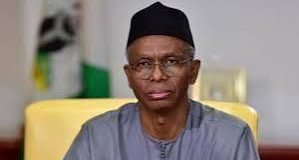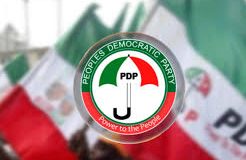The Minister of Justice and Attorney General of Nigeria, AGF, Abubakar Malami, has spoken on the decision of President Mohammadu Buhari not to assent to the Electoral Amendment Bill.
Malami explained that the bill did not capture the interest of Nigerians, hence Buhari will not sign it into law.
According to him, the proposed bill has excessive cost implication, supports insecurity, and is discriminatory.
Speaking on Radio Kano, the country’s Chief law officer, stressed that the signing of the new bill would lead to court cases.
According to Malami: “This means that you will repeat the general elections 18 times. Today INEC requires N305 billion for the 2023 general elections. Now if the general election, which is not the newly proposed electoral system, will cost this much, how much will it cost to do the same election in the APC? It might cost at least N200 billion because it will involve everyone.
“Although the good side of the law is that INEC is required to monitor it.
“Therefore, if it is assumed that every political party will spend N200 billion, how much will then be spent in conducting the same primary election in 18 political parties just to produce a qualified candidate? Let’s assume there are about 60 million politicians in the country, what about the remaining over 160 million Nigerians who have nothing to do with politics? Are you fair to them?
“All the people want are good projects, good road from Abuja to Kano, portable drinking water, good education, school feeding program and the rest of them. Are you fair to the 160 million Nigerians using their wealth just to conduct primary election to produce a party candidate, despite other demands by the public?
“My answer to this is that, to spend this N305 billion that will be given to the INEC and the about N200 billion to be given to the political parties is not fair to the remaining 160 million Nigerians who have no business about politics and political appointments. Their business is just a better life in Nigeria. This is the issue of cost implications.”
 Politico Politico News
Politico Politico News





